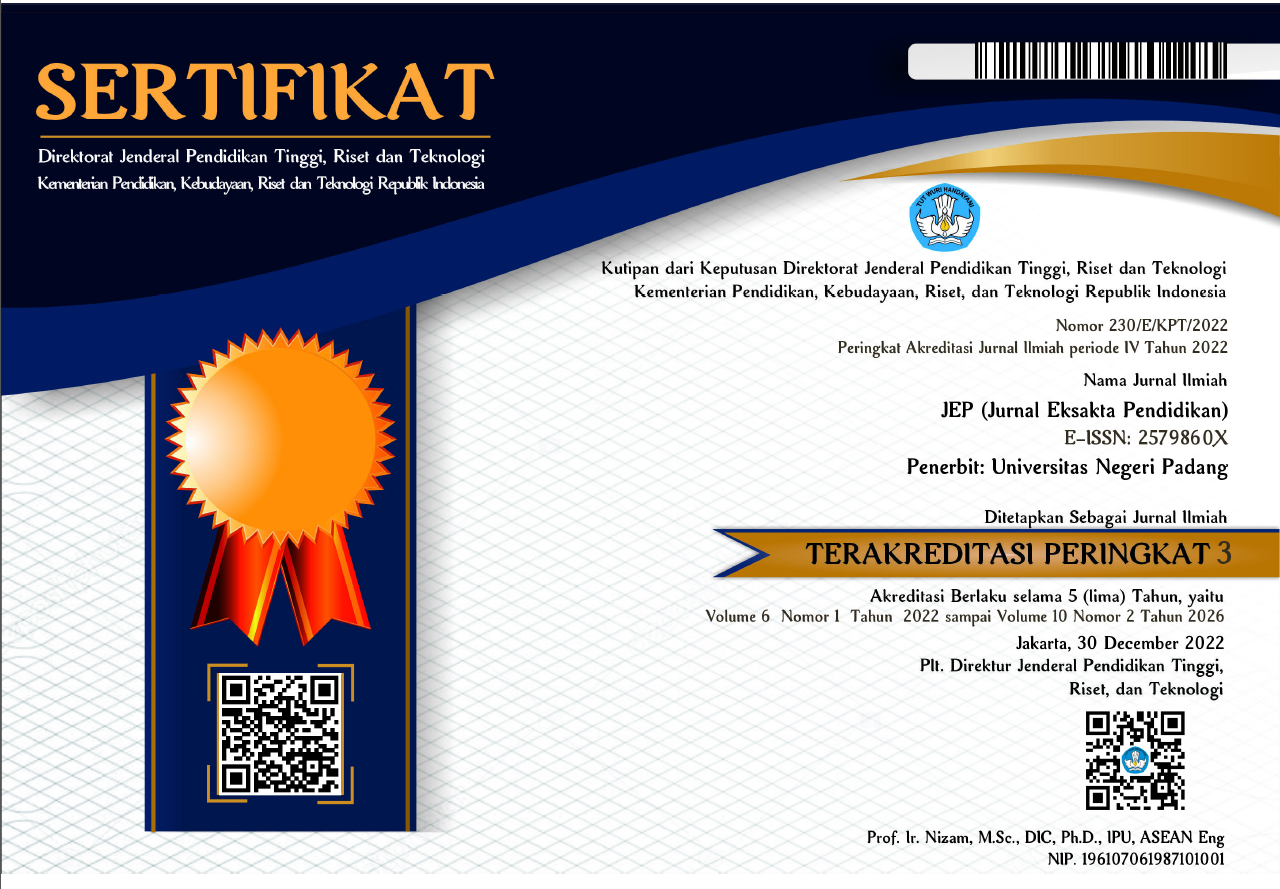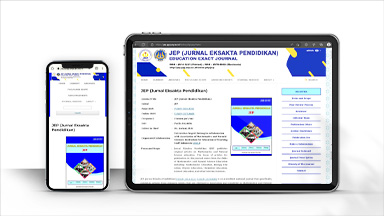Factors Affecting Mathematical Creative Thinking Ability: A Systematic Review and Multidimensional Perspective
Abstract
The ability to think creatively mathematically, defined as the capacity to generate novel, diverse, and valuable mathematical ideas or solutions to problems with fluency, flexibility, originality, and elaboration, is a crucial skill in facing the challenges of the 21st century. However, a comprehensive understanding of the influencing factors is still limited. This systematic review aims to integrate and synthesize current research on factors influencing mathematical creative thinking abilities from a multidimensional perspective. A systematic search method was conducted on the Scopus database for studies published between 2019 and 2024. The results show the complexity of interactions between cognitive (thinking style, analogical reasoning, computational thinking), affective (self-efficacy, attitudes towards mathematics, self-regulated learning), and contextual (learning approaches, technology integration, background) factors from the 31 articles analyzed. cultural background) in influencing mathematical creativity. The analysis also revealed differences in influencing factors between levels of education from junior high school to college. These results stress how important it is to look at math creativity as a whole. They also have important implications for how math is taught and for future research, such as the need for longitudinal studies and the creation of integrative theoretical models
Downloads
Copyright (c) 2025 Siti Salamah Br Ginting

This work is licensed under a Creative Commons Attribution 4.0 International License.

This work is licensed under a Creative Commons Attribution 4.0 International License.




_(2579-860X).png)
_(2614-1221)1.png)




